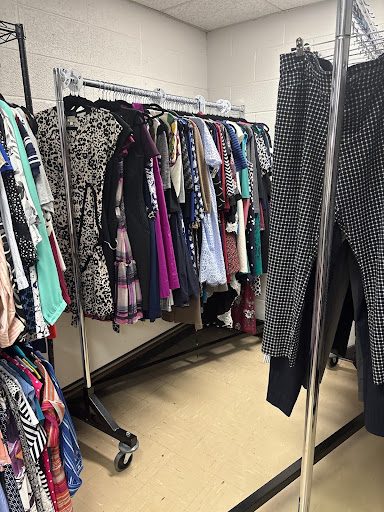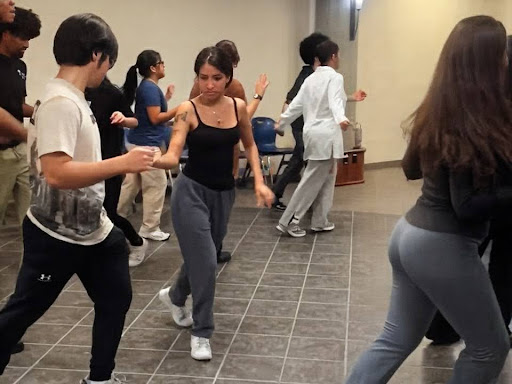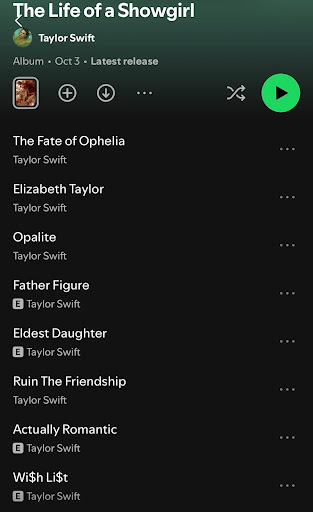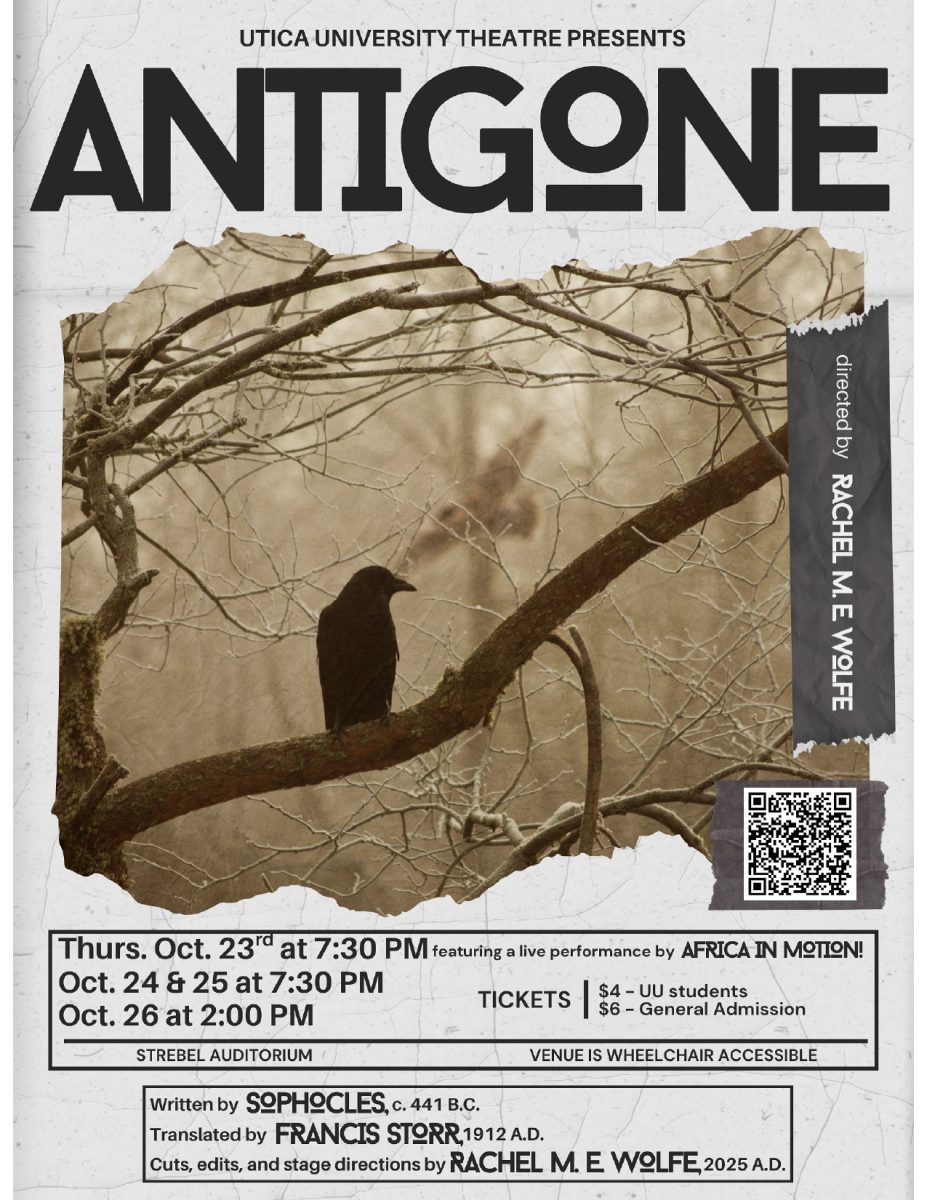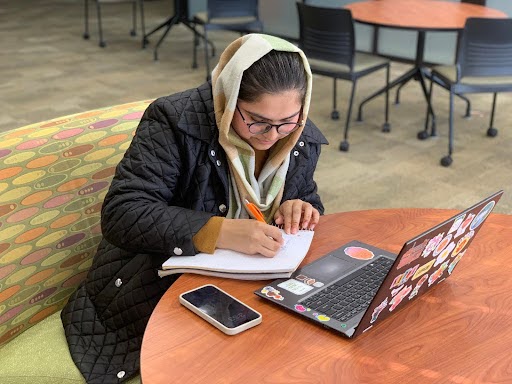Last week Utica College President Laura Casamento announced her decision to pause all athletic activity due to an increase in COVID-19 cases present on campus. Two days later, she recanted her decision and changed it so that teams/individuals without any positive cases can continue practicing and taking part in games.
Those who have positive cases within their sports team need to quarantine for a 10-day period before returning to normal activity. While these measures were enacted to protect the UC community from further spreading the virus, this announcement was also, arguably, a punishment for student-athletes, who have been accused of partying off-campus and/or hosting large gatherings.
“As I shared previously, extensive contact tracing indicates that this uptick in positive cases is the result of social interactions away from training, practice and competition,” Casamento said in a statement. “There continues to be no evidence of transmission occurring as a result of athletic activity. Instead, we have reason to suspect that members of a small number of our teams have hosted or attended off-campus parties in violation of College health and safety protocols as well as local health orders.”
The college’s decision to enact strict guidelines and rules against student-athletes has been met with both praise and criticism.
“I think [Casamento] made the right choice with the safety and wellbeing of the college community in mind,” said Rosemary Bonacci, adjunct professor of public relations. “It simply is the best way to stop the spread of the virus on campus. If people are smart with their actions and follow the guidelines that have already been in place since the beginning, they can prevent/slow the spread.”
Bonacci, who also works at the Sitrin Health Care Center, is acutely aware of how fast the virus can spread and follows all CDC guidelines to the best of her ability to ensure that she and those around her remain safe.
“When I first heard about the announcement regarding UC athletics, I immediately thought that [Casamento] did such a great job handling the situation and made the right decision,” Bonacci said. “I always feel safe on campus and that feeling of safety hasn’t waned at all since the fall semester. I think she knows what she’s doing and has the community’s wellbeing in mind when making these decisions.”
According to a statement released on Feb. 26, 18 students have been moved to remote learning for violating health and safety protocols set in place by the college. This statement also detailed that 20 students had tested positive and 100 additional students had been placed in a 10-day quarantine due to possible exposure to those who had tested positive.
The Utica College COVID-19 Dashboard indicates that 32 students have tested positive since Jan. 1. While the overall number is low, the College is more strict on placing students into quarantine for possible exposure to those who were sick.
Morgan Kocher, a senior studying business management, was placed in a 10-day quarantine after her boyfriend’s roommate, whom she had never had contact with, tested positive for the virus.
“I personally think that getting placed in quarantine was kind of excessive just because I hadn’t been in contact with the person who tested positive and the last time I had been in contact with my boyfriend, he had tested negative from the pooled testing,” she said. “Myself and everyone else I’m quarantining with tested negative as well. However, we were still placed in quarantine.”
Those who are placed in quarantine must continue their education online, which can pose some difficulties for some students. According to NPR, roughly 460,000 fewer students enrolled in college last fall compared to the fall of 2019, and the pandemic and online learning are largely to blame.
When it comes to online learning, for students there is the risk of distraction, losing track of deadlines and the inability to connect with fellow peers and professors that can hinder their ability to learn virtually. For educators, there is the difficulty of modifying assignments to work in an online platform, learning how to navigate various online platforms, such as Zoom and Google Hangouts and the risk of students not showing up to class and/or not fully grasping the lessons.
“Being in quarantine has definitely hindered my ability to learn and pay attention in class,” Kocher said. “I learn better in the classroom so when I’m on Zoom, I find myself getting distracted way easier or not even paying attention at all. I have also been more tired every day just because of the fact that I am staying in one room pretty much and not getting much social interaction.”
While the number of new daily infections in Oneida County seems to be decreasing, it is unlikely that UC will return to normalcy anytime soon. UC has asked its community members to keep the safety of others in mind when faced with the opportunity to partake in events that go against campus regulations.
“If nothing else, this incident clearly demonstrates the degree to which each of us is responsible for the health and safety of everyone at UC,” Casamento said in a statement. “Please bear this in mind with every decision you make as a member of this community.”



